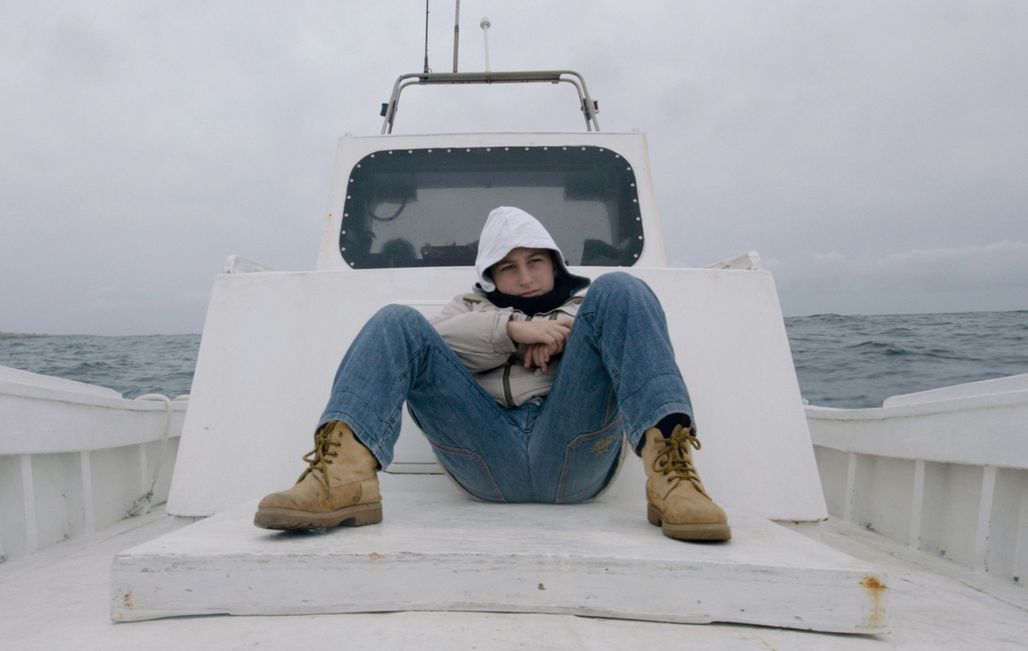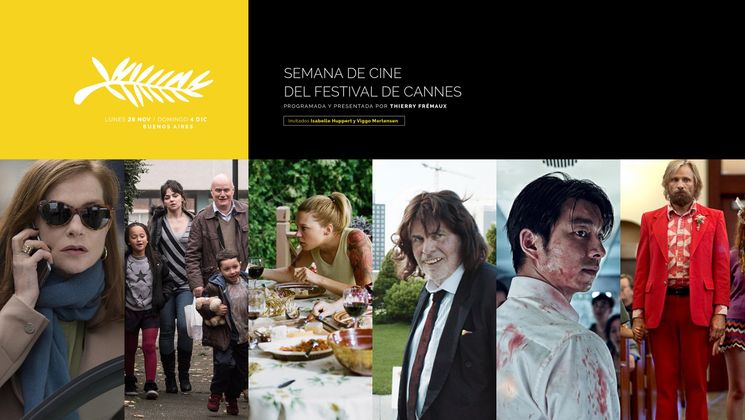
Can documentaries change the world?

For the first time, on Tuesday, 17 May, the Marché du Film and the Doc Corner at the Festival de Cannes presented Doc Day, devoted exclusively to documentary films. Some of the major figures of documentary film shared their experiences. How can images change the lines? Can they really change the world? Reflections to illustrate the impact of these films on society.
Gianfranco Rosi, author of El Sicario Room 164 and Fuocoammare (Fire at Sea), focuses on the wave of immigration in Lampedusa.
For me, what counts is creating a "suspension", an emotion. Anyone can find information on the situation in Lampedusa, but it is the emotion that can make the difference.
I saw Bertrand Tavernier recently and he said something that rings very true: "I could convince myself that I can change the world, but in reality, if I change the outlook of two or three people, I've done my job."
Lawrence Bender, producer of An Inconvenient Truth, a documentary that follows Al Gore in his awareness raising campaign on global warming
We have laid a few more bricks on the edifice, but we have not changed the world.
Yes, the film has had an impact. Many people have seen it, Al Gore won the Nobel Peace Prize…
But Al Gore was right in saying: "We did everything very fast. The only thing that we could have done would have been to do it even faster."
Askold Kurov, The Trial, on the trial of Ukrainian filmmaker Oleh Sentsov, arrested by the Russian security forces for "terrorist acts"
I remember an anecdote. Once, in an interview, I heard someone explain that he was homophobic until the day that his best friend told him he was gay, and he understood that it was easy to hate everyone, but much more difficult to hate a person you love.
Documentaries enable us to go from abstraction to reality, and to answer questions.
New Yorker Gabo Arora
Gabo Arora used new virtual reality technology to produce his work for the United Nations. This filmmaker uses a digital headset that projects 360° documentaries, and he shows them to people in fourteen different countries. He talks about the really seductive powers of the technology.
"When you meet people in the street to raise funds for a cause, one person in twelve makes a donation. With this system, one in six becomes a donor. So it is a very good fund raising tool."
Darwin's Nightmare (Le Cauchemar de Darwin), by French director Hubert Sauper
Since this report came out, the Tanzanian government has created a Propaganda Ministry.
“Yes, documentaries change the world, but I don’t know how.”
I do not make films to change the world, and I think that in the United States, for example, this is the wrong message. If it only makes people more comfortable, it is a failure. One should walk out of a real documentary film feeling upset, one never comes out unscathed.

